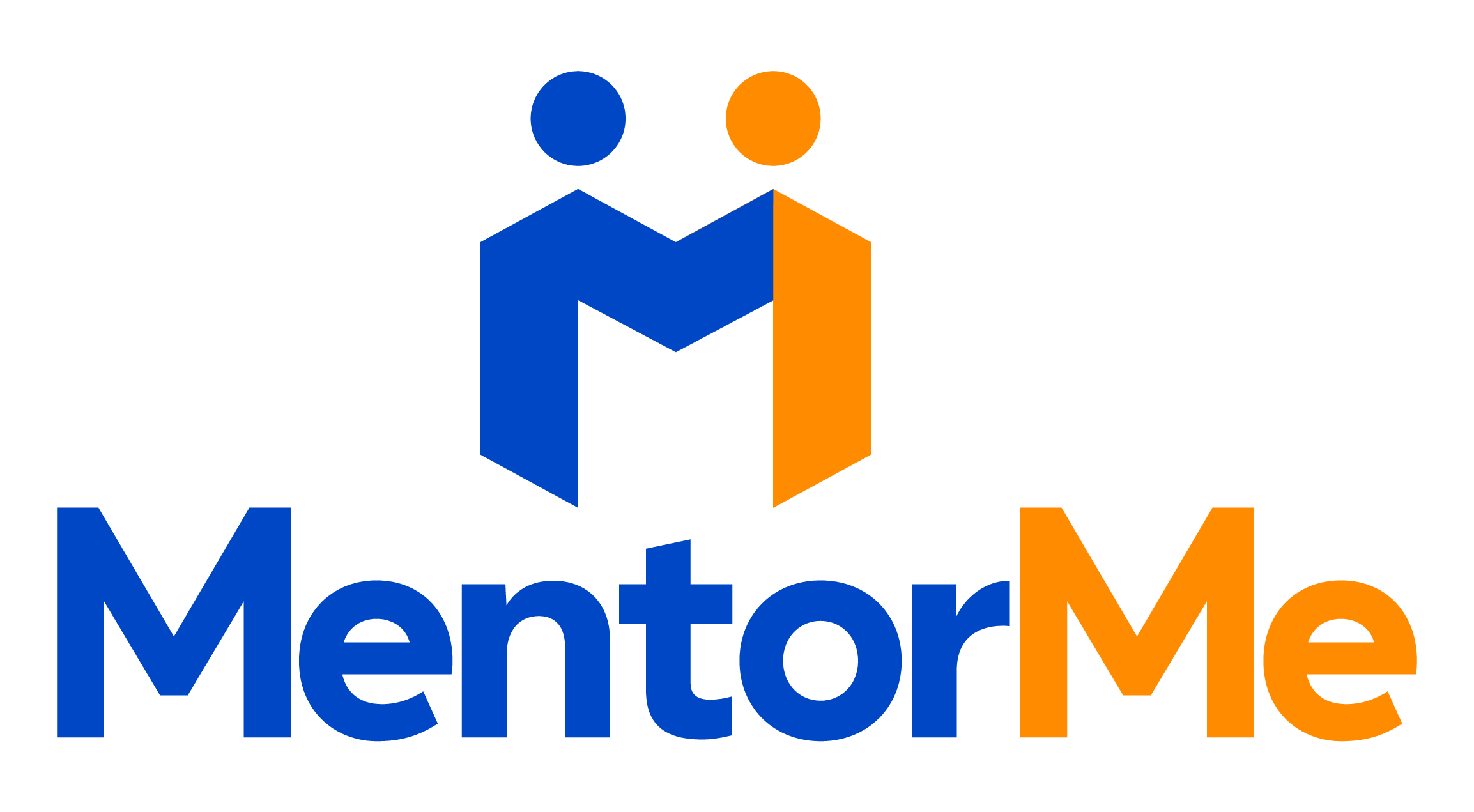
The Advantages of Using Career Assessment Tools
In the contemporary job market, where the right career path can significantly impact one's overall happiness and productivity, career assessment tools have become invaluable. These tools offer a structured way to evaluate an individual's skills, interests, personality, and values to guide them toward suitable career choices. Whether for students uncertain about their future or professionals considering a career change, career assessment tools provide clarity and direction. This article delves into the advantages of using career assessment tools, highlighting how they can be a game-changer in career planning and development.
Understanding Career Assessment Tests
Career assessment tests are standardized tools designed to evaluate various aspects of an individual’s profile to recommend potential career paths. These assessments can measure skills, interests, personality traits, and values, offering insights into careers that align with the individual's strengths and preferences. The results from these tests can guide individuals in making informed decisions about their education, training, and professional development.
The Best Career Assessment Tools
Several well-regarded career assessment tools are widely used by career counselors and individuals alike. Some of the best career assessment tools include:
- Myers-Briggs Type Indicator (MBTI): This personality assessment tool categorizes individuals into 16 distinct personality types, helping them understand their preferences and how they relate to the workplace.
- Strong Interest Inventory (SII): This tool measures interests across various careers, work activities, leisure activities, and school subjects, providing a detailed report on areas of strong interest.
- Clifton Strengths (formerly Strengths Finder): Focused on identifying an individual's top strengths, this tool helps individuals leverage their strengths in their careers.
- Holland Code (RIASEC) Assessment: Based on John Holland’s theory, this tool categorizes individuals into six personality types—Realistic, Investigative, Artistic, Social, Enterprising, and Conventional—matching them with compatible careers.
- O*NET Interest Profiler: Provided by the U.S. Department of Labor, this tool helps individuals find out how their interests relate to various careers, providing a broad spectrum of job possibilities.
Advantages of Career Assessment Tests
The benefits of using career assessment tests are manifold, providing both immediate and long-term advantages for career planning and development.
- Self-Awareness: Career assessment tests enhance self-awareness by helping individuals understand their strengths, weaknesses, preferences, and personality traits. This knowledge is foundational for making informed career choices that align with one’s natural inclinations and abilities.
- Career Fit: These tests help identify careers that are a good fit for an individual’s skills and interests. By matching personal attributes with suitable career options, individuals are more likely to find satisfaction and success in their chosen paths.
- Educational Guidance: For students, career assessment tools can provide direction regarding the courses and educational paths that align with their career goals. This can prevent wasted time and resources on unsuitable educational pursuits.
- Goal Setting: The insights gained from career assessments enable individuals to set realistic and achievable career goals. They can identify the necessary steps and milestones to reach their desired positions, making the process more manageable.
- Enhanced Job Satisfaction: By aligning career choices with personal strengths and interests, individuals are more likely to experience higher job satisfaction, reducing the likelihood of burnout and job dissatisfaction.
- Informed Career Changes: For those considering a career change, assessment tools can provide clarity on what new careers might be suitable, reducing the uncertainty and risk associated with switching fields.
Types of Career Assessment Tools
Career assessment tools can be categorized into various types based on what they measure and their intended use. Here are some common types:
- Personality Assessments: Tools like the MBTI and Big Five Personality Test fall into this category. They help individuals understand their personality traits and how these traits align with different career paths.
- Interest Inventories: The Strong Interest Inventory and O*NET Interest Profiler are examples that assess an individual’s interests and suggest careers that match those interests.
- Skills Assessments: These tools evaluate an individual’s skills and competencies, identifying strengths and areas for improvement. They often suggest careers where these skills are highly valued.
- Values Assessments: These assessments help individuals understand what they value most in a job (e.g., work-life balance, job security, financial reward) and suggest careers that align with these values.
- Aptitude Tests: These tests measure an individual’s ability to perform specific tasks or learn certain skills, providing insight into careers where they are likely to excel.
Career Counselling Tools
Career counselling tools complement career assessment tests by offering additional resources and guidance. Career counsellors use these tools to help clients interpret their assessment results and develop actionable career plans. Some popular career counselling tools include:
- Career Guidance Platforms: There are various platforms available which offer comprehensive career planning resources, including assessments, career information databases, and planning tools. One such platform is Mentorme. It offers all these services through its portal mentormeright.in
- Career Exploration Workshops: These workshops provide interactive environments where individuals can learn about different careers, often including hands-on activities and networking opportunities with professionals.
- Individual Counseling Sessions: One-on-one sessions with career counsellors help individuals interpret assessment results and develop personalized career plans.
- Mentorship Programs: Pairing individuals with mentors in their fields of interest provides practical insights and guidance, complementing the theoretical knowledge gained from assessments.
Benefits of Career Assessment Tools for Students
For students, career assessment tools are particularly valuable. They provide early guidance that can influence educational and career choices, helping students align their academic paths with their career aspirations. Some benefits specific to students include:
- Early Career Planning: Career assessments help students start thinking about their future careers early, making informed decisions about their education and extracurricular activities.
- Course Selection: Based on assessment results, students can choose courses that align with their career interests, ensuring they gain relevant skills and knowledge.
- Increased Motivation: Knowing that their educational efforts are aligned with their career goals can motivate students to perform better academically.
- Reduced Career Anxiety: Understanding their strengths and potential career paths can reduce the anxiety and uncertainty that many students feel about their future.
Conclusion
Career assessment tools are powerful resources for anyone looking to make informed decisions about their career paths. They offer numerous advantages, from enhancing self-awareness and job satisfaction to providing clear guidance on educational and career choices. MentorMe provides one of the finest, most accurate, and informative career guidance services in this segment. MentorMe not only provides psychometric assessment with a career report that includes top career recommendations; but also has a career library with information about more than 250 careers. The assessment provided by MentorMe tests a client for their skill proficiency, individuality profile and passion exploration. By utilizing them, students can make informed career choices; working professionals can navigate the complexities of the job market with confidence and clarity. Whether for students at the start of their journey or professionals seeking a change, these tools provide the insights and direction needed to achieve fulfilling and successful careers.
Author:
Vandana Garg
5+ years of Experience in Career Guidance.
Certified Career Coach By NCDA.







You have observed very interesting details! pls decent website.
Thank you for your kind words! I'm glad you found the details interesting. If you have any more questions or need further information, feel free to ask.